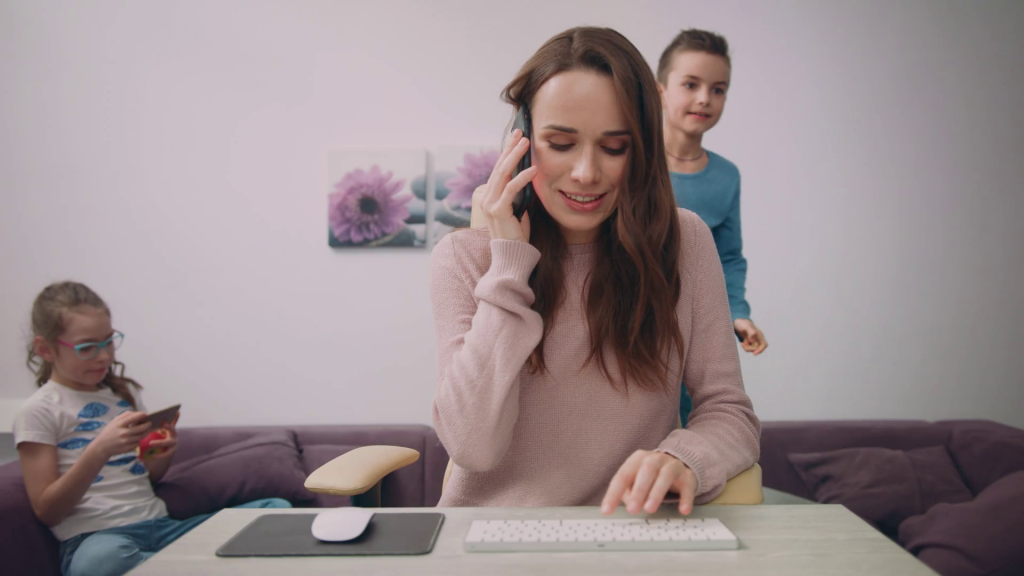Coping with Coronavirus at Home

The Coronavirus crisis has resulted in a lot of societal changes, all of which have occurred very quickly. If your children are still attending school, their day is looking very different. They might now be attending without their friends, their classroom and playground arrangements may be different and it’s likely they have more teachers than they normally would as schools readjust to dwindling numbers. If your child is now at home, their daily experiences too, are very different.
The coronavirus pandemic has impacted the lives of families, including the lives of our children. You may notice that your child is more needy than usual, more argumentative than normal or for older children, quieter and preferring to be in their own space. This is to be expected as they adjust to a completely different routine… You will be seeing changes in your child’s behaviour over the next few months.
Here are some suggestions for how to minimise the impact on your family:
- while we are being encouraged to support our children at home with their learning, you are not teachers, what happens at home won’t look like what happens at school, that’s ok! Please take the pressure off yourselves – many of you would be trying to work from home while managing your child’s school work, an incredibly stressful situation! Perhaps make use of online learning tools such as Reading Eggs or Mathletics, try and reduce your stress load too
- there may be times your child is keen to engage in their school work, if so, embrace that time and praise your child for their efforts
- if not, talk with your child about the possibility that they won’t be back at school for a few weeks and explain that they need to do a little bit each day – involve your child in this decision making process, agree together, on what he/she should try and get through one day at a time, this should be collaborative wherever possible
- if your child thrives on structure and routine, create a new schedule for your family and involve your children in this (you can adapt this at the beginning of each day if you need to) – display the routine somewhere visible – this will assist them in knowing what to expect and reduce their level of stress
- use this time to connect with your child, involve them in daily tasks around the house – sometimes it seems easier for parents to do house jobs for the family, but this takes away opportunities for you to connect with your children through achieving a task together. For example, give your children furniture spray and a rag and move through the house together as they help with the dusting. Show them how it’s done and give them one or two small tasks per room. Put some music on and make this time fun! They will feel empowered by this task because they have contributed, will see that you’re pleased with them. This builds connection and increases their sense of well-being.
- during this period of social distancing and isolation, endeavour to involve your children in household tasks at least once a day. Other ideas include helping with meal preparation, feeding the pets, putting bins out, collecting mail, unpacking the dishwasher, setting the table, etc.
Most importantly, your children will need reassurance at this time. Talk with them, answer their questions as honestly as possible, give them lots of hugs and use the new found time to play some board games, kick the soccer ball around, go for walks around the neighbourhood.
Although their lives are looking very different today than they did this time a month ago, using this time to build connections will help them cope better and reduce the behaviours that are a result of increased levels of stress.

AEDC Counsellor and Social Skills Group Coordinator – Sarah has had ten years combined experience as a Teacher and School Counsellor, holding both educational (Postgrad Dip Ed) and psychological qualifications, receiving First Class Honours in the Bachelor of Social Science (Psychology) degree.

